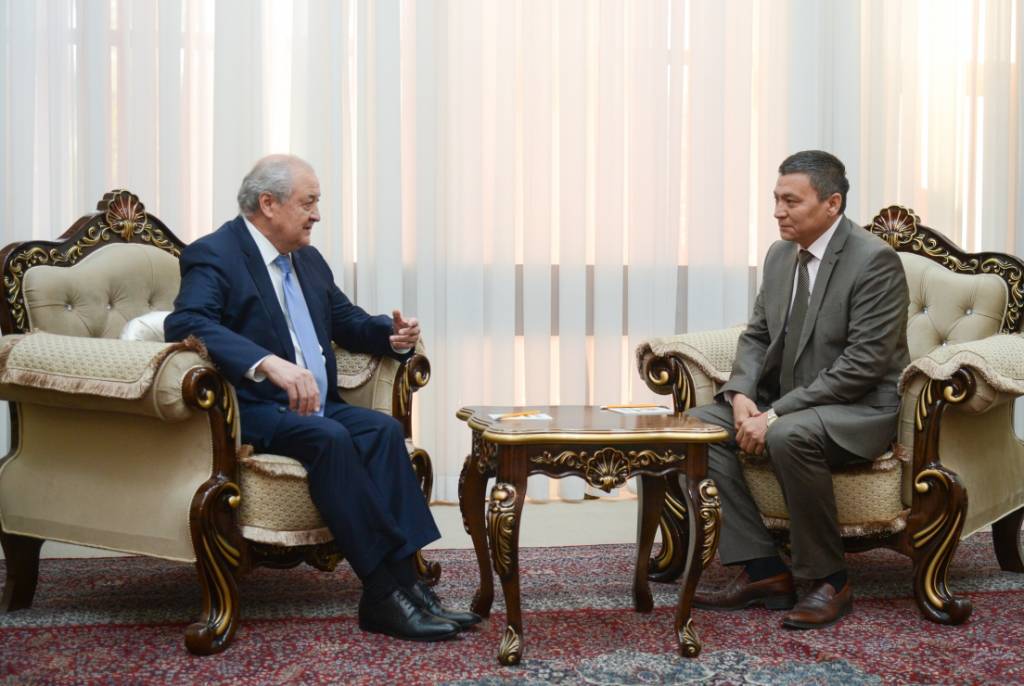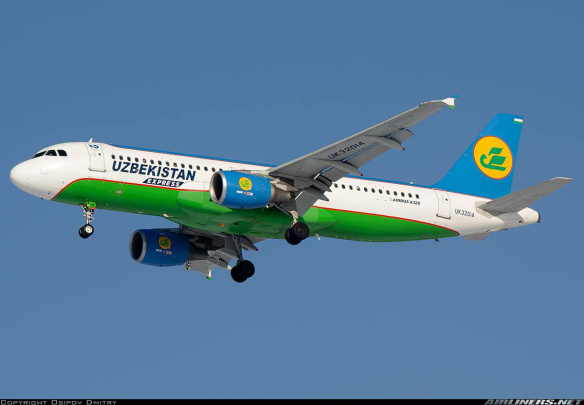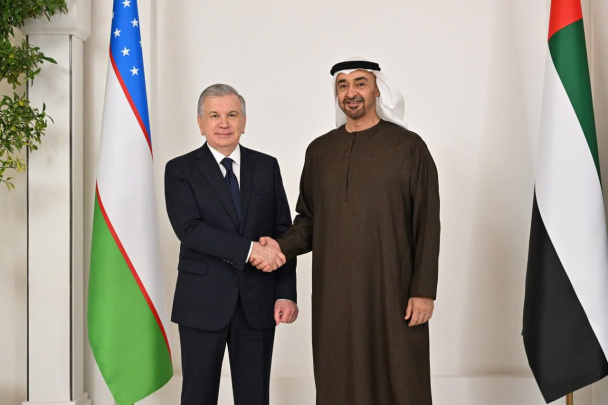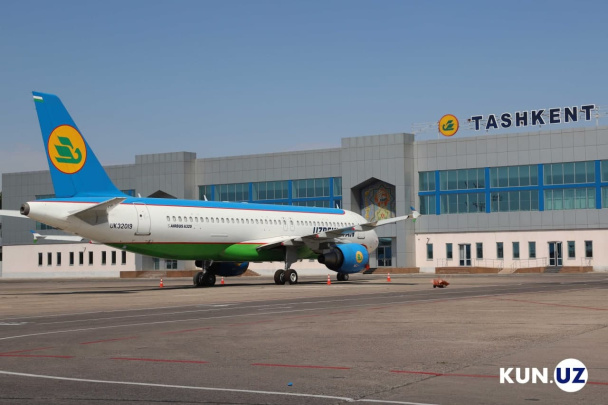The FM Abdulaziz Kamilov noted with regret that today the competition between the powerful states at the global level continues openly and firmly, and this conflict is also observed in the Central Asian region.
He noted that the competition between the major powers could lead to tensions if the Central Asian states, which have historically clashed the geopolitical interests and secret claims of major powers, do not take the necessary measures to strengthen their sovereignty and independence, stability and security.
“The interests of the major powers involved in the Central Asian process are different, and they sometimes have common ground, but in some cases they are conflicting. No matter how diverse these interests are, they exist and are closely linked to historical, geographical factors, as well as global trends. Clearly, the clash of aspirations of such states is not in the interests of the countries of the region, as they sometimes impose a “geopolitical choice” on the Central Asian states, in which a one-sided approach can lead to tensions in relations with the other.
Naturally, any sovereign state wants to act freely in the international arena, not in the interests of external forces, but in accordance with its own needs. It does not want to submit its will to the pressure of various parties. But the modern system of international relations is no exception to the situation of “asymmetric interests”,” the diplomat said.
In this regard, Uzbekistan’s foreign policy is aimed at preventing such situations, preventing the violation of national interests, ensuring equal, mutually beneficial relations for all parties interested in the partnership.
“We do not want the competition of the world’s major powers to have negative consequences for the countries of our region. After all, if we look at history, we can see that the origin of the Afghan conflict is connected with the global confrontation of the two political systems spread around the world during the Cold War.
We should not be forced to look only for the benefit of certain external forces in choosing this or that position. Our policy and positions on specific international issues are primarily related to our national interests, as well as the need to ensure security and development in the region,” Abdulaziz Kamilov said in an interview with “Yangi O’zbekiston” newspaper.
He also said that Uzbekistan is not interested in Central Asia becoming a zone of competition between global and regional powers, or a “zero sum game” playing field. According to him, a reasonable alternative to antagonistic competition will be a fair and open competition.
Abdulaziz Kamilov noted that the main principles and priorities of Uzbekistan’s foreign policy are aimed at ensuring sovereignty and freedom of movement in the international arena.
“One of the important directions is to form a multi-stakeholder system of strategic partnership with all major players in world politics and, on this basis, to develop relations with several major partners at the same time without losing independence, to advance national interests.
The results show that this principle has fully justified itself in practice and is still relevant at this stage,” he said.






